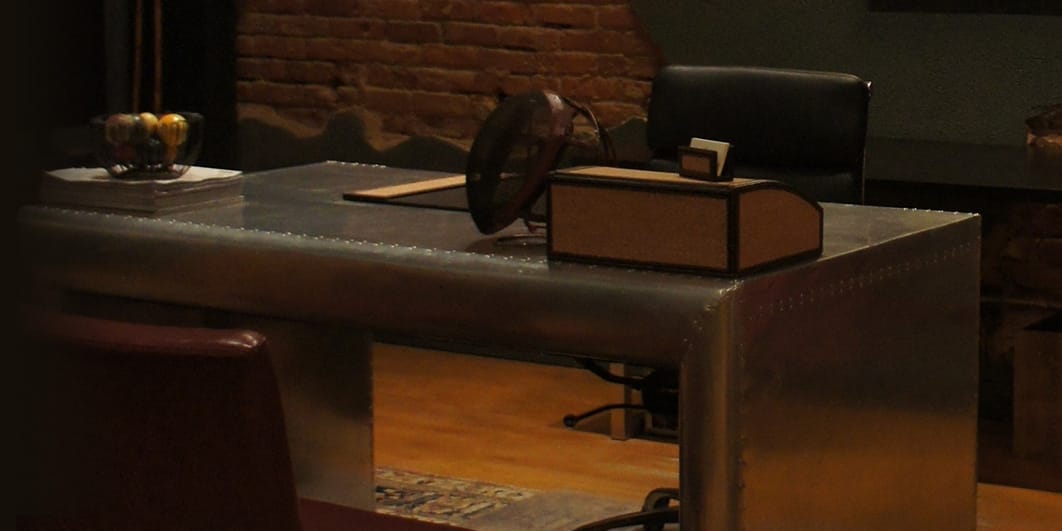Divorce is often the right solution for Texas couples whose marriage just isn’t working anymore. If this sounds like you, you might feel relieved at knowing you are making the right choice and starting a new life but scared at the idea of losing your financial stability.
These feelings are natural. Starting over as a single person means you must be financially independent and will not have the comfort that comes along with having two incomes.
There are several steps you can take to protect your assets during divorce. With an early start and careful planning, you can survive your divorce with your finances intact, enabling you to move forward with a sense of security.
Be realistic
Recognize that a divorce will likely affect your finances. Almost everyone comes out of a divorce with less financial stability than before.
Accepting this reality can help you focus on making the right decisions to get you back on your feet and work toward rebuilding your financial life.
Identify your assets and debts
You might worry that you do not have much to begin with and fear losing everything, but chances are, you have more than you think.
Before your divorce starts, make a list of your assets and debts and obtain accurate values for each. You will need this when negotiating property division with your spouse and having a big picture view of what you have can give you an idea of what your financial needs will be post-divorce.
Marital and separate property
Review this list and label each asset and debt as marital property and separate property. Marital property is property acquired during your marriage, while separate property is property acquired before your marriage, with some exceptions.
If you are unsure of how to label a piece of property, it might help to speak with a professional.
Create an emergency fund
Put some money aside in a separate account as an emergency fund. You can do this before your divorce starts or after it is filed, but do not hide this money from your spouse.
While you do not have to give your spouse access to the money, you can face legal penalties for hiding money or assets in your divorce. This money should go on to your “big picture” list of assets and debts.
Close joint accounts
Open new bank accounts in your own name and close joint accounts with your spouse. This can save you the stress of worrying about your spouse draining the accounts and leaving you without money.
When you begin the property division process, this money will likely go to you, since it is in your account, but it must still be considered as part of the overall property division.
Tax considerations
Do not forget about the potential tax consequences of any assets you receive. You might negotiate an equitable property division but find that you must pay tax on the assets you received.
A common example involves a 401(k) or other retirement accounts. You could receive a portion of your spouse’s 401(k), but you will likely be taxed on that portion.
Make sure your ultimate property division agreement or order takes any taxes into consideration.
These steps can set you on the right path to financial security after your divorce. Receiving advice on your specific situation can also help.


